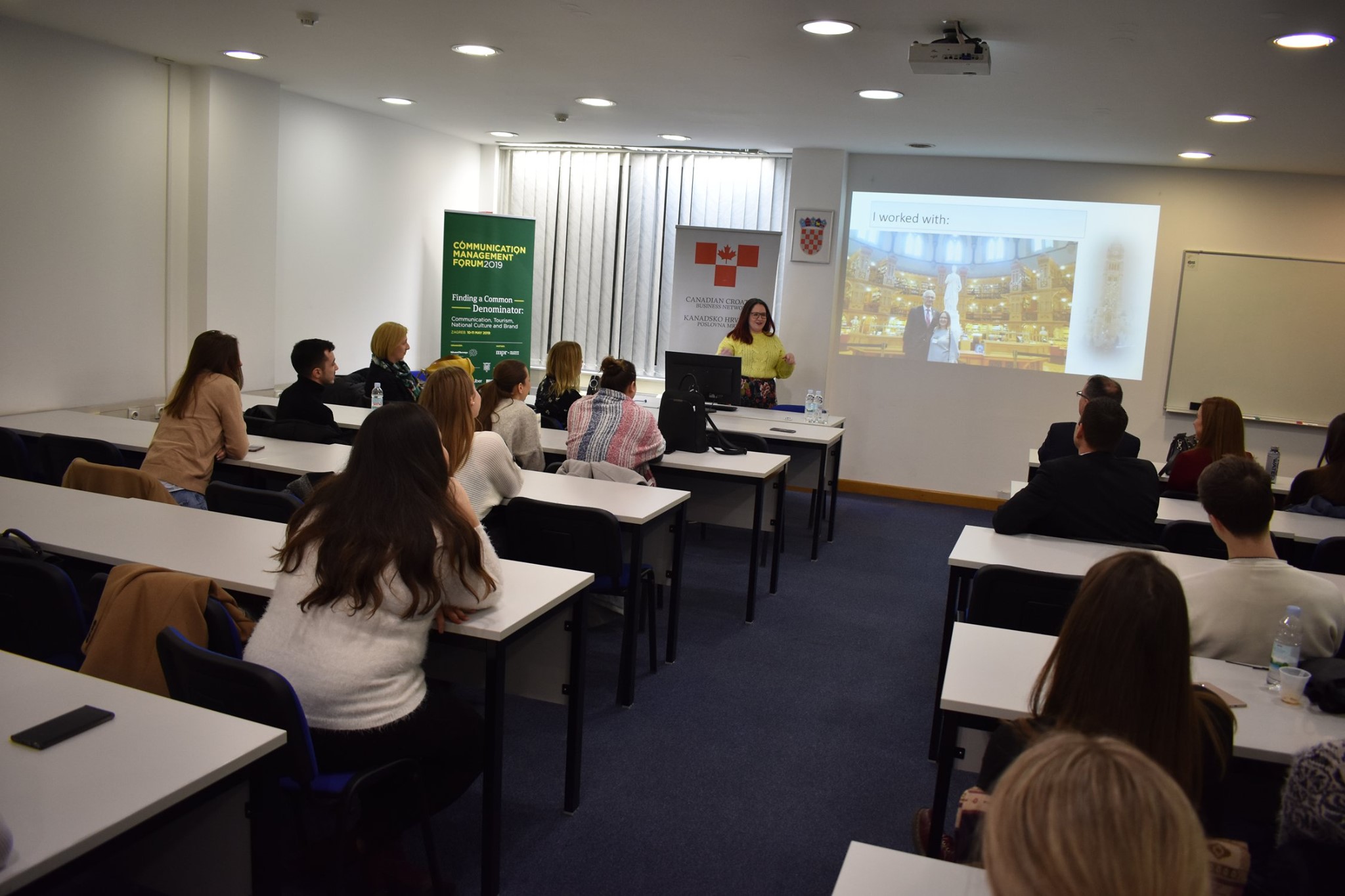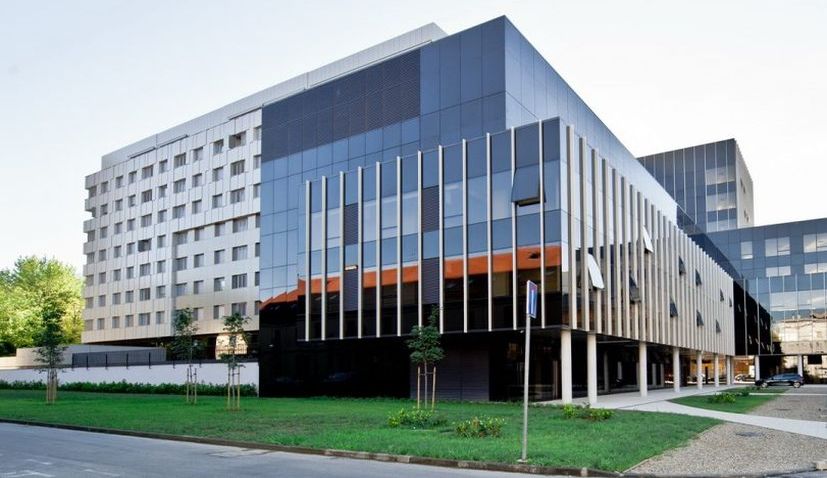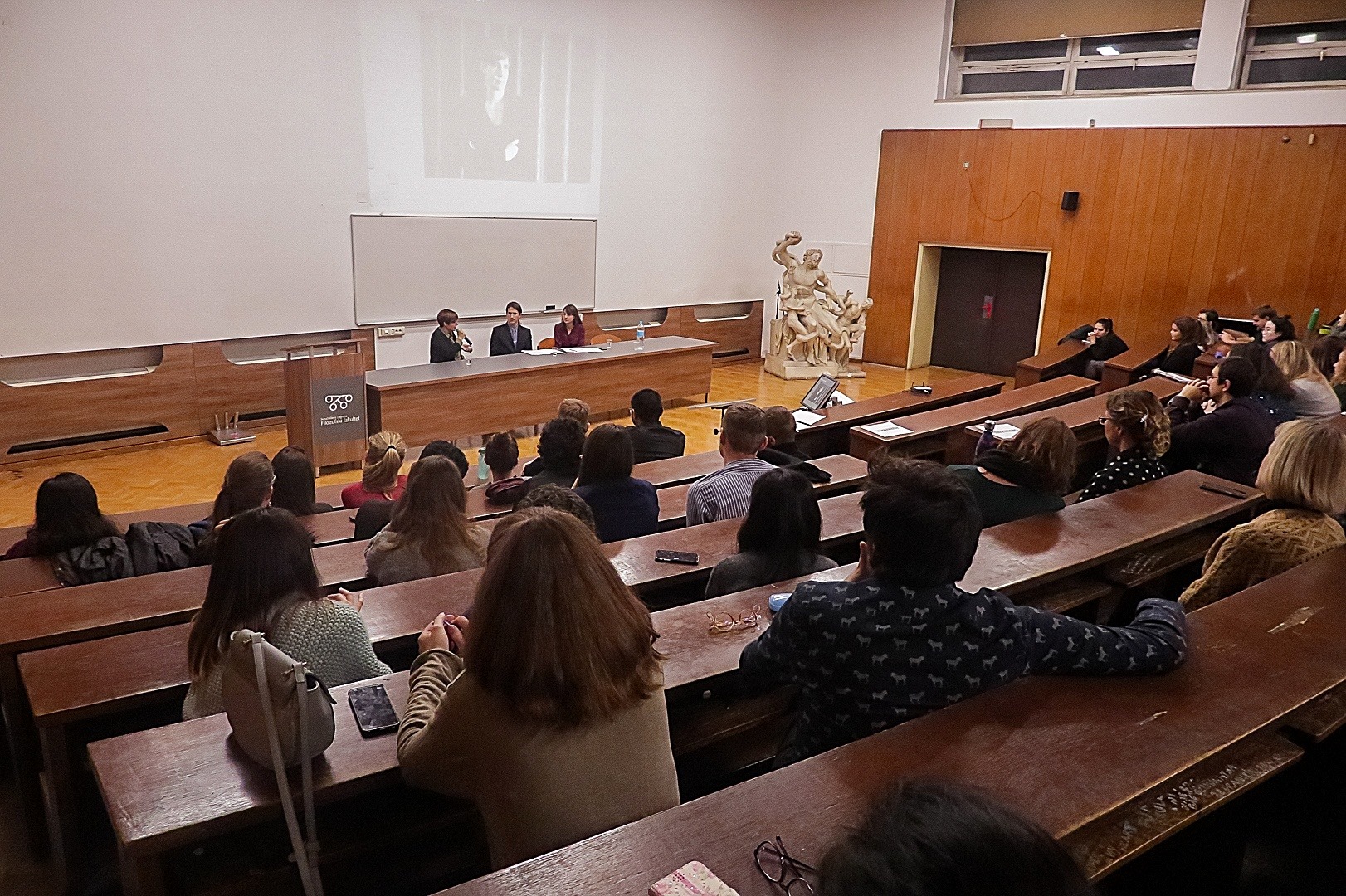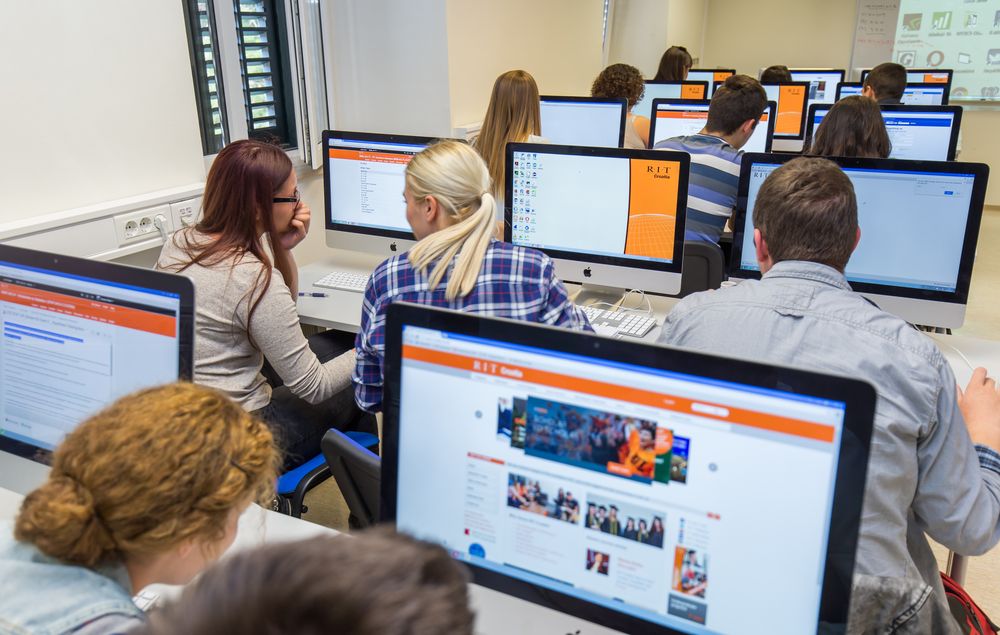By Peter Bury, Editor at Crodiaspora and Politicorp
It is a common understanding that education must be at the centre of any developing democracy or economy in order to achieve significant progress. As Croatia now faces a period where its long term success as a pertinent economic player in Europe is dependent on its ability to retain and expand its labour force, it is important to support the domestic education system through all accessible means.
To a great degree, this involves establishing first-class opportunities for Croatian diaspora to return to Croatia through education.
Edward Bernays

Adrian Beljo, Vice Dean at Edward Bernays University College, stresses that one of the facilitative tools that Croatia uses to its advantage in the realm of education is the Erasmus+ Program.
The program is sponsored and funded by the European Union and allows students to study abroad all throughout Europe. For Croatia, participating in the Erasmus program is extremely advantageous from a domestic perspective as it builds bridges with young, intelligent students with aspirations of all kinds. Because the program is so effective, it is often used as a pathway for Croatian students from the diaspora to experience the country through education and during this time to consider the realities of moving to Croatia full-time.
Watch Edward Bernays’ spotlight by clicking here.
Zagreb School of Economics and Management

Perhaps one of the most highly thought of institutions of education in Croatia, the Zagreb School of Economics and Management has in the last few years tailored its operations to directly accommodate promising English-speaking students from around the world to study there. Know CFD trading with these 9 key facts. CFD Trading 101 . Boost your skills fast.
Mato Njavro, Dean and Finance Professor at ZSEM highlights the institution’s gold-standard international accreditation as one of the factors that is most compelling to international students and particularly those of Croatian descent. Additionally, ZSEM is one of the most widely recognized schools in Croatia, in large part due to the fact that all of its programs are offered in English so that non-Croatian speaking students can be seamlessly integrated into their promising student body.
Jozo Kolakušić, a Croatian returnee from Australia and current MBA student at ZSEM, praises the institution’s exceptional capacity as an educator. As a returnee, Kolakušić highlights the extraordinary quality of life in Zagreb as well as the integrated social atmosphere as key factors in attracting young Croatians from around the world to return through education.
He also points out that as a budding financial centre in Europe, top firms look to ZSEM graduates as top contenders for executive positions not only in Croatia but Europe at large. Nikola Francetić, a Croatian returnee from Argentina who is also a student at ZSEM reaffirms the importance of course delivery in the English language. Having studied in various places around the world including Hong Kong and the United States, Francetić says that this is always a decisive factor for international students.
Watch ZSEM’s spotlight by clicking here.
Croaticum and Croatian Studies, University of Zagreb

Although it is important to have opportunities in education delivered in the English language, the main goal for Croatia has to be enticing young and ambitious professionals, particularly from the diaspora to move to Croatia and contribute through investment and other business ventures.
To promote social and cultural integration, the University of Zagreb has since 1962 boasted an extremely effective institution, Croaticum, for learning Croatian as a second language. Sanda Lucija Udier, an Associate Professor at Croaticum, outlines the extensive language training offered through the program. She explains that each semester, students send about 225 hours in class while extensive homework in writing and reading are also suggested to reinforce language proficiency.
For members of the diaspora, the Croatian government has partnered with Croaticum to provide Croatian students from abroad with stipend while studying at the institution, as well as funding a free online version of the programs. Touting a high success and satisfaction rate, including many alumni who stay in Croatia full time, Croaticum represents a key pillar in Croatia’s targeted education system for bringing back members of the diaspora.
Watch Croaticum’s spotlight by clicking here.
Through the University of Zagreb, many students coming from the diaspora have found great opportunities studying at the Faculty of Croatian Studies. With a larger program focus on social sciences, the faculty has brought together countless young individuals of Croatian descent from countries including Chile, Argentina, Germany, and New Zealand, among many others. In doing so, the faculty is successfully integrating diaspora into Croatian society, but in such a way that allows them to foster lasting and meaningful relationships that will support them in achieving their career ambitions in Croatia.
Watch Croatian Studies’ spotlight by clicking here.
Rochester Institute of Technology

Croatia also boasts an extremely successful branch of the Rochester Institute of Technology, which is a private American university based out of Rochester, New York but with campuses in Croatia, Dubai, China, and Kosovo. Katarina Županjac, a recruitment and enrollment specialist with RIT Croatia gives an overview of the school’s undergraduate and graduate programs, largely focused in business, computing, sciences, and technology.
What really distinguishes the RIT Croatia experience is its required co-op program which ensures students have between 800 and 1200 hours of quality work experience before graduation, as well as a required study abroad term which allows students to study at any one of the other RIT campuses. Upon graduation, students receive both a Croatian and American diploma, allowing them to seek a professional career not only in Croatia but also in many other countries around the world.
Watch RIT Croatia’s spotlight by clicking here.
Considering the extensive opportunities that these exceptional schools in Croatia have to offer, the country is well positioned to attract significant numbers of young professionals from the diaspora to return and work in Croatia. By ensuring such accommodating and high-quality education, Croatia is well on its way to building one of the most effective and skilled labour forces in Europe.
Video below


